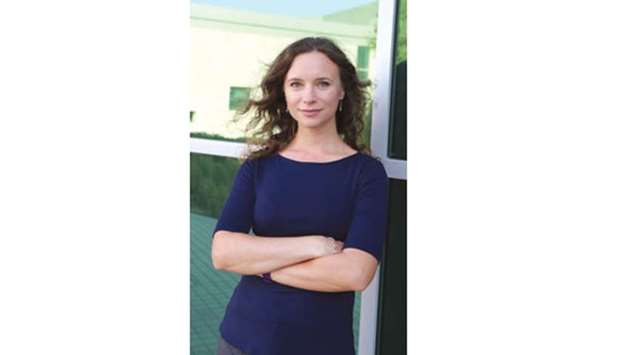The term ‘halal’ is no longer exclusively defined in a religious context, but has transformed into a lifestyle term associated with worldwide health and fashion industries, according to a study conducted by a researcher from the Qatar Computing Research Institute (QCRI), one of Hamad Bin Khalifa University’s (HBKU) three national research institutes.
The study into mentions of the word halal on social media was done by Dr Yelena Mejova, lead author at QCRI, in partnership with the École Nationale Superieure d’Informatique in Algeria and The University of Indonesia.
She analysed more than 1.3mn recent posts on Instagram and focused on English, Arabic and Indonesian-speaking populations. Dr Mejova found that, in English, mentions of halal were often associated with food and health concepts; in Indonesian, they focused more on cosmetics and health, while Arabic references included subtopics around fashion and technology.
The data follows a global conversation surrounding the concept of halal, particularly by ‘Generation M’. The term was coined in 2016 by author Shelina Jannmohamed, describing young Muslims that embrace modernity as well as faith. The research found that young people are now embracing halal products, with style-conscious and health-conscious Muslims, and even non-Muslims, closely associating the word with concepts such as vegan, vegetarian and organic.
Traditionally, halal defines Islamically permissible items, and applies to products including foods, drinks and food additives.
Dr Mejova noted, “Halal is becoming a cool, lifestyle definition amongst social media users. The data highlights Instagram posts that received thousands of likes for promoting halal fashion shows, halal fitness culture, halal movies and other lifestyle posts depicting clothes and stylish surroundings. What is also surprising is that posts mentioning some halal certification are likely to get fewer likes than those that don’t.”
Dr Mejova noticed the number of posts mentioning the word halal was not strictly correlated with the population demographics of Muslims living in different countries, including the UK and the US. “When we are seeing halal used alongside local culture and habits, we know that the understanding of halal is changing in all of these places. On social media, it appears to have broadened to incorporate lifestyle elements,” she added.

Dr Yelena Mejova
